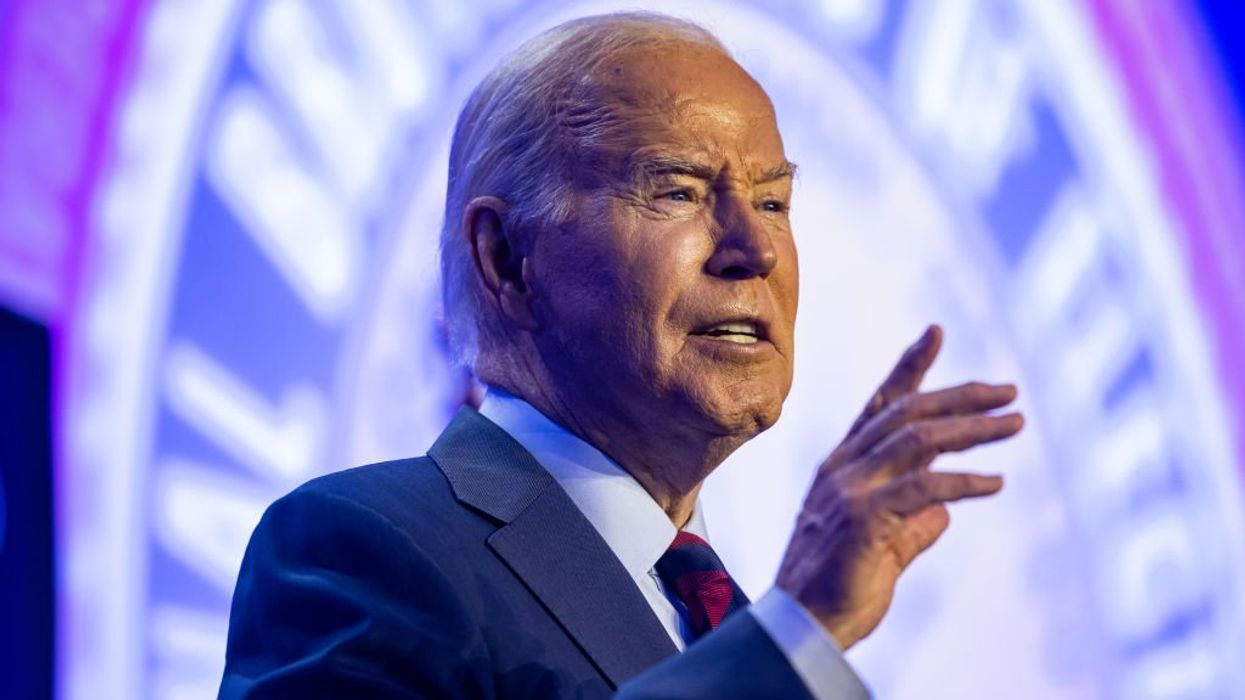
© 2024 Blaze Media LLC. All rights reserved.
I was surprised but pleased to see that a blog post I wrote in 2009 started getting some attention yesterday. The post, which emerged from a paper I gave at the 2010 APSA, argued that there is a big gap between the views of U.S. grand strategy in the international relations academy versus the view in the foreign policy community (FPC), and that this gap is caused by domestic politics. In short, academics tend to think American strategy is unduly grandiose and FPC types think it’s great. Dan Drezner has a post up wondering whether this is generally true, or unique to the Iraq period.
To begin, I’m not sure why Drezner thinks that in order for my argument to be correct, “the foreign policy community should be united in dispatching military force at every opportunity since Iraq.” Neither the blog post nor the paper on which it was based argued that the foreign policy community should unanimously support every potential war, but rather that they were united around an activist strategy that produced Iraq.
That’s what made the recent article by Stephen Brooks, John Ikenberry, and Bill Wohlforth so edifying. It was the first defense of American grand strategy I can recall reading that was sophisticated enough to be published in a journal like International Security. And the reason they wrote it? Because according to “many of the most prominent security studies scholars—and indeed most scholars who write on the future of U.S. grand strategy” retrenchment’s time has come.
It’s worth noting that a disproportionate number of academics writing about grand strategy are realists, so that’s coloring the ideological content of what the academics are producing. Drezner has complained about realist victimhood before, but grand strategy is an elite sport, and even he admits that “America’s foreign policy elites are more hostile torealpolitik – though even here, things can be exaggerated.” Drezner then points to Henry Kissinger and Brent Scowcroft as bearers of the realist flag, but even if you would lump Kissinger and Scowcroft in with Posen and Walt (I wouldn’t), both men are in their late 80s. There is no realist faction in the FPC, if by “realist” we mean “person whose views on strategy comport with leading academic realists.”
Think about members of the FPC who work on strategy and scholars in the academy who do so. Is a potential strategy debate between, say, a Democrat like Anne-Marie Slaughter and a Republican like Robert Kagan very interesting? I don’t think so. It’s fought between the seven and nine-yard lines at the primacy end of the field. Then consider a debate between, say, Barry Posen or John Mearsheimer, on the one hand, and Kagan or Slaughter on the other. Pass the popcorn.
You can reconcile this one of two ways. One, you can say that there’s a problem in the academy. Primacy is so obviously the optimal grand strategy for the United States that it reflects poorly on the ivory tower that so many strategists there don’t get it. Two, you can conclude that the strategy is not self-evidently optimal, so there’s something wrong with the consensus in Washington.
While we’re here, though, let’s take Drezner’s question about whether the disagreement over Iraq was an aberration. Let’s look at two of the biggest strategic questions facing Washington over the last five and next five years: Afghanistan and Iran.
Afghanistan — I had a fairly easy time pulling together signatures from academics for the Coalition for a Realistic Foreign Policy’s letter to President Obama urging him not to surge into Afghanistan in 2009. Signatures from Beltway types were hard to come by. For his part, Columbia’s Jack Snyder characterized the view from the academy this way:
Pretty much everyone thinks that the conditions in Afghanistan are terrible, that the political situation is terrible, and thus that the conditions for successful counterinsurgency and state-building are inauspicious,” says Snyder, warning that the current war strategy “would be costly, would take a really long time, and might not work.
As always, more/better data would be better, but other than Stephen Biddle, I don’t know a lot of academics who thought Surge Part II was a movie worth seeing.
Iran — An awful lot of academics and others are saying we could live with a nuclear Iran without too much difficulty. The most recent TRIPs survey of IR academics had the “bomb Iran/live with a nuclear Iran” count at 20 percent to 80 percent. That’s not the order of battle in the FPC. Not in public, or in the political debate, anyway. For example, in a recent “national security insiders” poll from National Journal, a narrow majority of insiders did say—implicitly—that living with a nuclear Iran would be better than a war. But, importantly, those answers were given anonymously. And half of the public Beltway commentary over what to do about Iran does not say we could live with a nuclear Iran, which again points to the incentives facing defense intellectuals in Washington. People who appear to believe we could live with a nuclear Iran aren’t saying so forcefully, despite the important consequences. Why not?
The paper argues that domestic political factors are at work. I just uploaded the final edited version at SSRN, so give it a look and, as Drezner might ask, tell me what I’m missing.
Want to leave a tip?
We answer to you. Help keep our content free of advertisers and big tech censorship by leaving a tip today.
Want to join the conversation?
Already a subscriber?
more stories
Sign up for the Blaze newsletter
By signing up, you agree to our Privacy Policy and Terms of Use, and agree to receive content that may sometimes include advertisements. You may opt out at any time.
© 2024 Blaze Media LLC. All rights reserved.
Get the stories that matter most delivered directly to your inbox.
By signing up, you agree to our Privacy Policy and Terms of Use, and agree to receive content that may sometimes include advertisements. You may opt out at any time.


